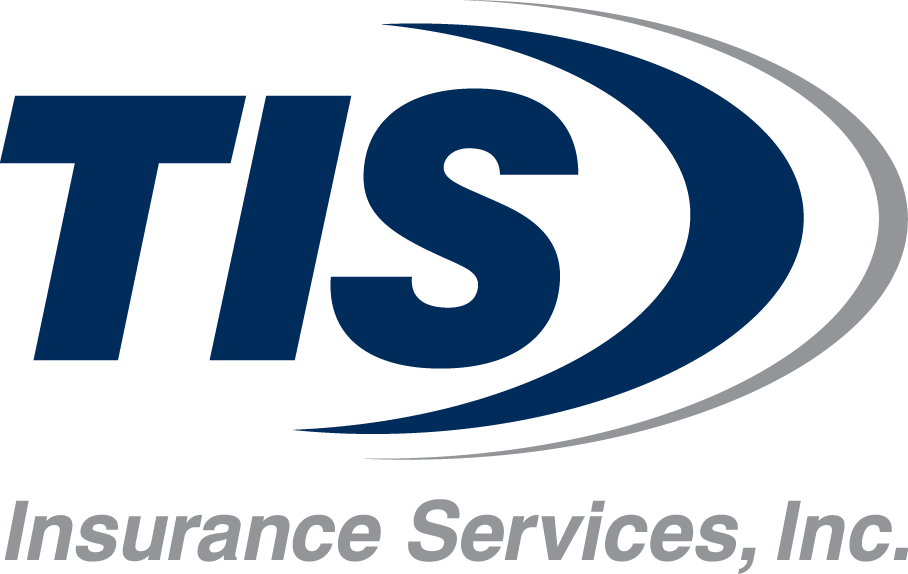Making the most of healthcare analytics is not just a trend—it’s a strategic necessity for organizations looking to optimize their employee benefits programs and overall healthcare strategies. By harnessing data-driven insights, companies can optimize their employee benefits programs, leading to improved outcomes and cost efficiency.
Here’s how integrating healthcare analytics can revolutionize your benefits strategy.
Understanding Healthcare Analytics
Healthcare analytics involves the use of data to make informed decisions about health management and benefits. This field has gained momentum as organizations realize its potential to enhance employee wellness while controlling costs.
A Strategic Advantage for Fully Funded and Self-Funded Health Plans
When it comes to healthcare analytics, the approach and value differ significantly between fully funded and self-funded plans. Both types of health plans can benefit from analytics, but how they use and implement it varies based on their financial structures and risk management strategies.
Fully Funded Plans
In a fully funded health plan, the employer pays a fixed premium to an insurance carrier, which assumes the risk of paying claims. Healthcare analytics for fully funded groups typically focuses on helping employers understand the effectiveness of their plans and potentially lowering premiums in the future.
Healthcare analytics benefit fully funded groups in several ways:
Cost Control
Employers can analyze claims data provided by the insurer to identify areas of high spending or inefficiencies in care. This helps with negotiating lower premiums or more tailored plan offerings during renewal periods.
Plan Optimization
Analytics can help determine whether the current plan meets the needs of employees, allowing employers to make better decisions about plan design, such as switching to a different provider network or adding wellness programs.
Employee Health Insights
While the insurer bears the financial risk, healthcare analytics can still be used to implement proactive health strategies, such as wellness initiatives, aimed at improving employee health and productivity.
Improved Communication with Insurers
Fully funded groups can use healthcare analytics to better understand the insurer’s reports and justify requests for premium reductions or better benefits offerings.
Self-Funded Groups
In a self-funded plan, the employer takes on the financial risk of providing healthcare benefits, paying claims directly as they arise, often with a third-party administrator (TPA) to process claims and manage the plan.
Healthcare analytics benefits self-funded plans in several ways:
Risk Management and Cost Control
Since self-funded employers are directly responsible for paying claims, analytics plays a crucial role in understanding claim trends, identifying cost drivers (such as frequent ER visits or high-cost conditions), and implementing strategies to reduce overall healthcare costs.
Predictive Analytics
For self-funded groups, healthcare analytics can predict future healthcare costs based on current claims data, helping employers set aside the right amount of reserves to cover potential claims. Predictive models can also flag at-risk populations and help employers target those groups with preventative care, potentially avoiding large claims down the road.
Plan Customization
Self-funded employers have more control over their benefits design. Analytics allows them to tailor benefits to their workforce’s unique needs, such as customizing prescription drug plans or offering mental health resources where needed, leading to better care and lower costs.
Better Insights into Employee Health
Self-funded employers get full access to claims data, giving them a deeper understanding of the health needs of their workforce. This data can be used to design more effective wellness programs or interventions that directly impact the overall health of the group, reducing costly claims in the long term.
Monitoring Utilization and Engagement
Healthcare analytics helps self-funded employers track how employees use their benefits and adjust the program as needed to encourage smarter, more cost-effective healthcare choices. This can include encouraging preventative care visits or shifting employees to high-quality, low-cost providers.
Stop-Loss Insurance
For self-funded plans, analytics can help in evaluating stop-loss insurance needs, determining at what point stop-loss coverage should kick in, and how much coverage is necessary based on claims data.
Trends in Healthcare Analytics
One significant trend is the use of predictive analytics to forecast healthcare needs and trends. Predictive models analyze historical data to predict future health risks, allowing companies to proactively address potential issues before they escalate.
For example, businesses are using predictive analytics to identify employees at risk for chronic conditions, enabling targeted interventions that can reduce overall healthcare costs.
Another trend is the integration of real-time data. Real-time analytics provide immediate insights into employee health and benefits utilization. This immediacy allows companies to adjust their benefits offerings dynamically, based on current data rather than outdated information.

Impact on Employee Benefits
Effective use of healthcare analytics can lead to more tailored and effective employee benefits programs. For instance, by understanding utilization patterns, companies can design benefits packages that better meet the needs of their workforce. This personalization can enhance employee satisfaction and retention.
How Can TIS Insurance Services Help?
Leveraging healthcare analytics offers a powerful way to revolutionize your employee benefits program. As trends continue to evolve, staying ahead with advanced analytics tools and strategies will help businesses maintain a competitive edge.
TIS Insurance Services provides a wealth of solutions for businesses looking to implement or enhance their benefits programs. From employee benefits and health insurance to cyber insurance and commercial insurance, we are equipped to support all your needs.
Discover how we can help you leverage healthcare analytics to transform your benefits strategy today by getting in touch with our strategic employee benefits team.





